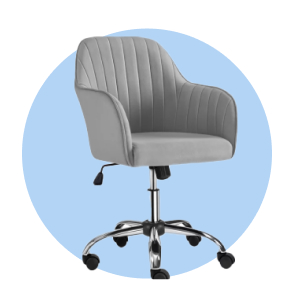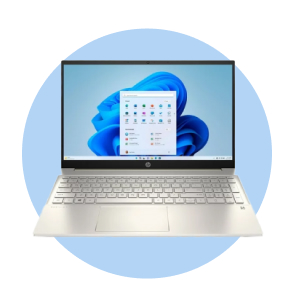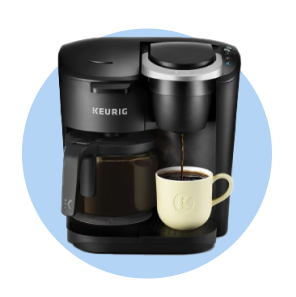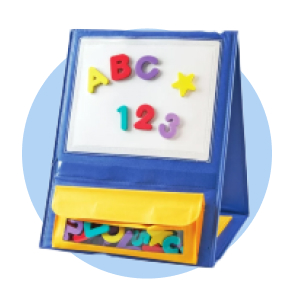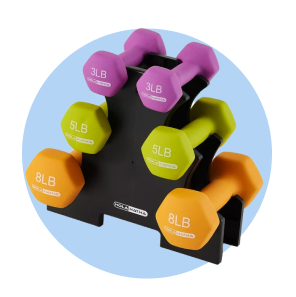
Business Security Systems: 7 Factors to Consider Before Investing
Keep operations safe & sound
Security is a necessity of business. Many companies lack the expertise or resources to design their own solutions, so they turn to business security systems to provide a comprehensive approach to protecting operations and inventory.
These systems are not a one-size-fits-all solution, however. Elements such as visual surveillance, entry authorization and alarms must be tailored to fit your business’s physical location and security needs while staying within budget. The following considerations provide a starting point for brainstorming what a comprehensive approach to security might look like at your business. They will help you decide on a security service that keeps your employees, your assets and your customers safe from crime.
7 factors to consider before choosing a business security system
1. How you define business security system success
You can measure successful deterrence in many ways. In a retail environment, you might consider your business security system a success if it reduces overall shrinkage (that is, the dollar value and total number of stolen items). For industrial factories, your key performance indicator (KPI) may be measured in uptime if your security system monitors critical machines for unauthorized use, illegal tampering or environmental hazards.
Whatever the case, knowing your KPIs before you start shopping for a business security system will guide you toward the right offering. That way, you’ll be able to maximize the security coverage that’s important for your business while keeping costs manageable.

2. Your budget
Before setting your security budget, it’s important to note that each system’s overall cost can fluctuate based on a number of factors.
- Hardware is the most significant upfront cost of your business security system. This includes the closed-circuit television (CCTV) cameras, sensors, computers, locks, alarms and other equipment that form the entire system.
- Businesses must also factor the installation costs into their budgets, as self-installation may not be an option for some business security systems.
- Maintenance and upkeep are also crucial for keeping your security system fully operational. These costs include replacing broken or outdated hardware, staying on top of video footage storage needs, paying employees to monitor the security system and paying any monthly fees the system provider requires.
Consider measuring costs against your stated security goals. An expensive, state-of-the-art system from a top-tier business security company may get the job done, but you might be overspending on a system that does more than you need it to.
3. Current & possible security threats
If you’re looking to install a business security system, chances are that your business has already experienced some form of crime that you’re looking to prevent. It’s helpful to look back over previous security incidents and use them as a guide to point you toward a system that will help prevent them in the future. Be sure to also consider what other businesses within your industry are doing to combat crime to avoid overlooking crucial details.
For example, if your organization experiences trespassers or burglaries at night, you’ll likely need security cameras for business installation to record footage in dark or nighttime conditions. You’ll also want to consider CCTV hardware that will allow you to record footage nonstop throughout the week, which means investing in digital storage systems and high-capacity hard drives.
For retail products, cameras can provide significant coverage and help prevent theft. Especially high-value items might need additional security systems, like sensors that activate an alarm if the product is removed from a set perimeter or locked cabinets that prevent customers from removing products without employee assistance.

4. Building layout
Every building is unique, from its overall construction to its individual rooms, corridors and aisles. To ensure complete security coverage, consider the following elements of your building’s layout:
External security coverage, such as fences and walls to limit entry to specific choke points, cameras to monitor the perimeter and keycard systems to prevent unauthorized access.
Building size, which will determine how extensive your security hardware needs are likely to be.
The number of doors in and around the building, which will determine how many security locks your business needs.
Potential blind spots that may need additional cameras and other security elements to prevent them from being exploited. An evaluation by one of the many security camera companies for business may discover more blind spots in your layout than anticipated.
Sensitive areas that require additional layers of security, such as power or computer systems, expensive machinery or confidential documents.
5. Scalability
The security system that you buy now might need to be improved in the future. As your business grows, you might expand your workspace, hire more employees or make layout changes that necessitate additional security.
Don’t just pick a system based on what it can do for you now. Consider its potential for scalability so you can make changes based on where you see the business a few years down the road. For example, if it becomes a hassle to track additional employees via keycard or you can’t seamlessly add additional cameras, your business security system will lose effectiveness as operations expand.
6. Ease of use
Business security systems may be a complex web of technologies, but they don’t have to be difficult to use. Automated detection, one-touch communications, voice command capabilities and streamlined video capture systems make securing large facilities far more manageable, especially for businesses on a tight budget.

7. Integration with current operations
A security system should operate harmoniously with operations, working tirelessly in the background to keep your business safe and surfacing when needed. If you already have existing systems in place—whether it’s IT infrastructure, point-of-sale systems or even other security systems—ensure that your new solution seamlessly integrates with them to minimize potential frustration.
Keep your business secure without breaking the bank
With effective planning and a detailed analysis of your organization’s security needs and goals, you can find a business security system that checks all of the boxes without spending more than you need to.
Looking for more ways to keep your budget in check? Sign up for a free Walmart Business account and gain access to low prices and free shipping on security cameras, sensors and other business needs.1
Already have an account? Take advantage of Spend Analytics tools to help you control costs and earn 2% back in Walmart Business Rewards on purchases over $250 With Walmart Business+.2 Join today and discover how you can save over $500/year!3
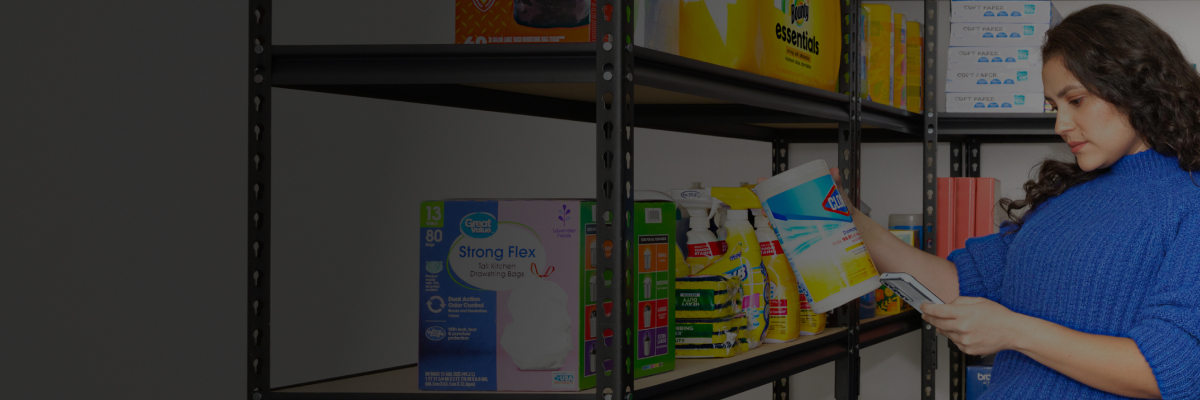

Limited-time offer
Unlock your special promo code
Stay informed on Walmart Business news & get $20 off a $100 purchase!1
1Minimum order of $100. Promo code can be used one time & may not be combined with other offers. Offer not transferable & void where prohibited by law. Customer responsible for all applicable taxes. Offer expires 12/31/2025 at 11:59pm PT. Further restrictions apply. See terms at checkout for details. Promo code offers available in limited quantities. While supplies last.
1 Excludes most Marketplace items, freight and certain location surcharges.
2 Rewards can only be used toward future purchases on Walmart Business. Additional terms apply.
3 Savings based on 1 free $35+ delivery order vs. $9.95 fee and 1 free shipping order under $35 vs. $6.99 fee biweekly, plus 2% Walmart Business Rewards on monthly order >$250 (average value of $400).
Exciting news awaits
Hear firsthand about new products, features & promotions.
By clicking submit, you agree to receive emails about Walmart Business and acknowledge you have read and agreed to our Terms of use and Privacy Policy.



